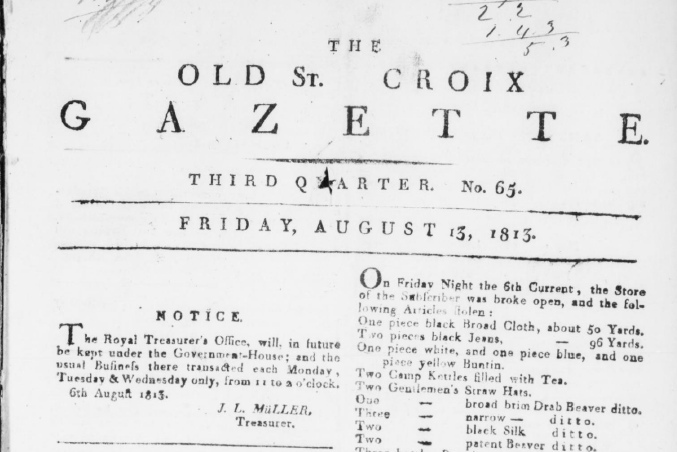Kinane, Ian. Theorising Literary Islands: The Island Trope in Contemporary Robinsonade Narratives. Rowman & Littlefield Publishers, 2016.
For brevity’s sake I shall not attempt to discuss Ian Kinane’s entire book on theorizing literary islands. I do think, however, that two chapters and thereby two concepts are significant for research into post-colonial topics I’ll discuss the concepts of heterotopia in regard to islands (Chapter 2) and the concept of the paradisical island (Chapter 4).
The concept of heterotopia has been discussed by many theorists and critics alike. Kinane develops his concept on the basis of Michel Foucault’s definition of heterotopia:
‘Real places, effective places, places that are written into the institution of society itself, and that are a sort of counter-emplacements, a sort of effectively realized utopias in which the real emplacements, all the other real emplacements that can be found within culture, are simultaneously represented, contested and inverted; a kind of place that are outside all place, even though they are actually localizable.’ (Foucault: Of other spaces, cited by Kinane, 65.)
Islands are characterised as “in-between” spaces. They break open binaries and boundaries. One such boundary, especially important to the concept of heterotopia, is the dichotomy between imagined and real. On the islands the real, geographical structure is overlaid with an imaginary structure. In island literature one finds many sequences in which a crossing of said dichotomy is particularly common. One is the scene of arrival, where one finds a geographical crossing, from ship to land, and an imaginative crossing, from expectation to (real) view. Such blurring of boundaries is fostered by the ‘juxtaposition and layering of imagined and physical geographies’ (67). The island are both a geographical body and an imagined abstraction.
Since islands have a strong presence in collective imagining, the juxtaposition to the real, geographical space often enables the visitor (or in the context of the book, coloniser) to mould the island to their specific desires and needs for growth. Thus, islands are also transformative spaces, not only geographically, but also personally.
Paradise, in its original meaning, is placed in a biblical context. Nevertheless, Kinane successfully shows that the trope of the tropical paradise is very much applicable to the (Pacific) Islands. During and after the exploration of the Pacific region, there were increasingly fewer locations in which Eden could be located. Earthly paradise as such vanished. The geographical topos, however, remained and was shaped into a recognisable, secular image of the fruitful location, which motivated colonisers to seek out this paradisical (is)land. While islands in western literature were often characterised as paradisical, in terms of their landscapes, climate and the financial opportunities they brought, islands were just as often described as ‘a figurative hell’ (155). Paradise is, therefore, also a dichotomous space: ‘it is seen as either the blissful paradise of the noble savage or the scorching hell of the ignoble cannibal.’ (155). Ian Kinane posits that islands are spaces where ‘dualities are made defunct’ (158). This in-betweenness is what makes them interesting in a post-colonial context. They transform and transcend dualities and boundaries, transforming not only themselves but also the people living on them.

1 Kommentar